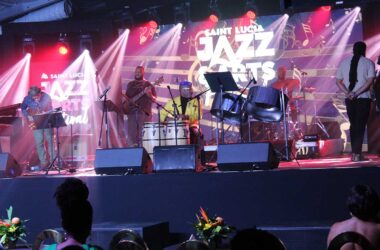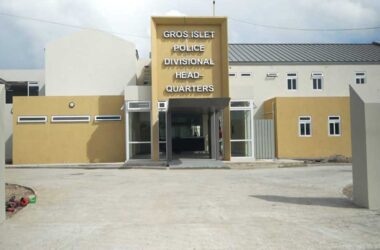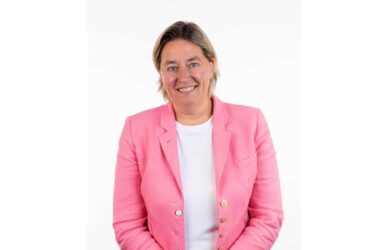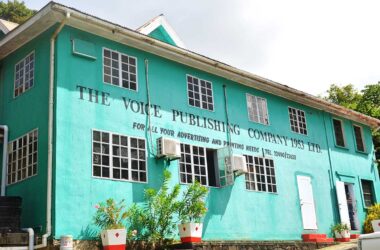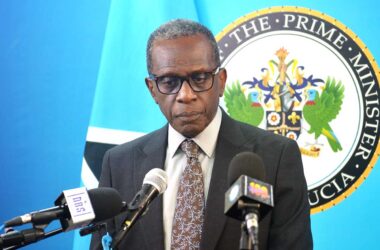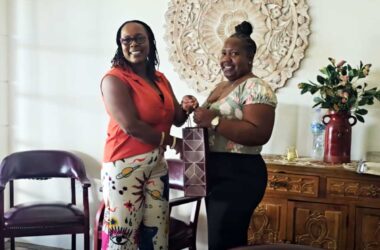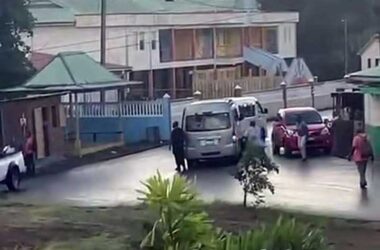THIS year’s National Schools’ Science & Technology Fair opened at the Derek Walcott Square in Castries yesterday and runs until tomorrow.
The exhibits on display are the top projects that qualified from 30 schools and is the culmination of eight preliminary rounds held in the country’s eight educational districts.
Motielall Singh, Curriculum Specialist (Natural Sciences and Technology) in the Ministry of Education, is the official spearheading the science fair. He spoke to The VOICE yesterday, explaining the success of the science fair over the years.
“It has grown so much,” Singh said. “Last year, we had 38 projects. This year, we have 49 and I couldn’t refuse certain projects because they satisfied the criteria. So it’s an exciting day for science and technology in Saint Lucia, the region and internationally. “
Singh said there was a “great improvement” from the infant schools especially where 6 projects qualified this year, compared to previous years when the numbers were fewer. The number of projects from primary, secondary and tertiary level schools, he said, was also encouraging.
Over the years, one of the criticisms leveled at the science fair has been that even the best ideas get canned after the competition ends. According to Singh, while the science fair continues to face many challenges, much progress has been made.
“Of late we’ve been having students enter the Sagicor competition, which is an external competition,” Singh said. “Last year, a student and a teacher on that project went to the Florida Space Centre for one week. This year, another student and teacher will be doing the same. Also, one of the top two projects from last year’s science fair was this week shortlisted to be displayed in Istanbul, Turkey this May.”
That project, Singh said, had to do with the development of bacteria that can increase food production. He said plans are being made to enter other projects from Saint Lucia into other international competitions. The long-term goal, he said, would be to create niche markets based on the ideas of the projects.
“I would have liked if some of these great and creative ideas can be patented and used to start little industries and businesses to create employment,” Singh said.
Students topping the various categories will be awarded prizes at the prize-giving ceremony to be held on Friday. Prizes include electronic gadgets, such as tablets. Singh said that while current sponsors must be praised, more support from the corporate sector is needed. He added that the scientific skills learned can have a meaningful impact on other facets of the students’ lives.
“I believe that’s where the foundation needs to be built – at our school level. We need to build them by giving them the right attitude that includes encouraging their inquiry, analytical and creative skills. When you create an individual like that, they can survive in any part of the world,” Singh explained.


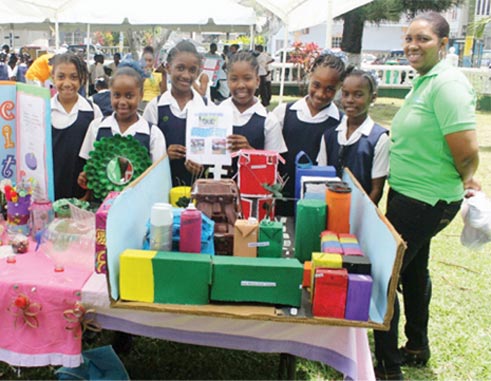
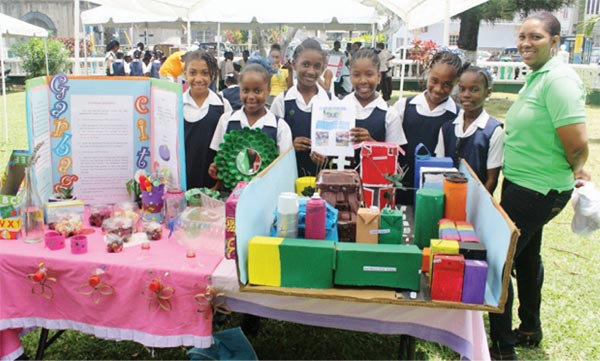


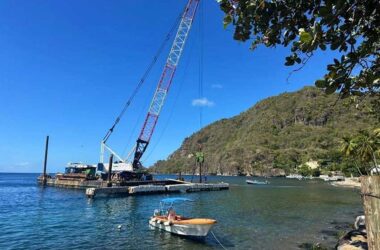
![John Paul Estephane, Minister in the Ministry of Tourism and Commerce [Photo Credit: GOSL]](https://thevoiceslu.com/wp-content/uploads/2026/01/John-Paul-Estephane-380x250.jpg)
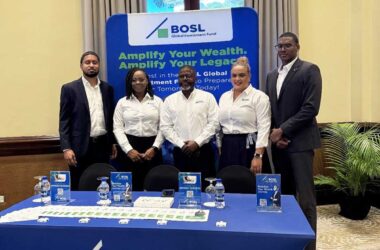
![DIPT-RESDP SAP graduating class [Photo credit : GOSL]](https://thevoiceslu.com/wp-content/uploads/2026/01/DIPT-RESDP-SAP-graduating-class-1-380x250.jpg)
